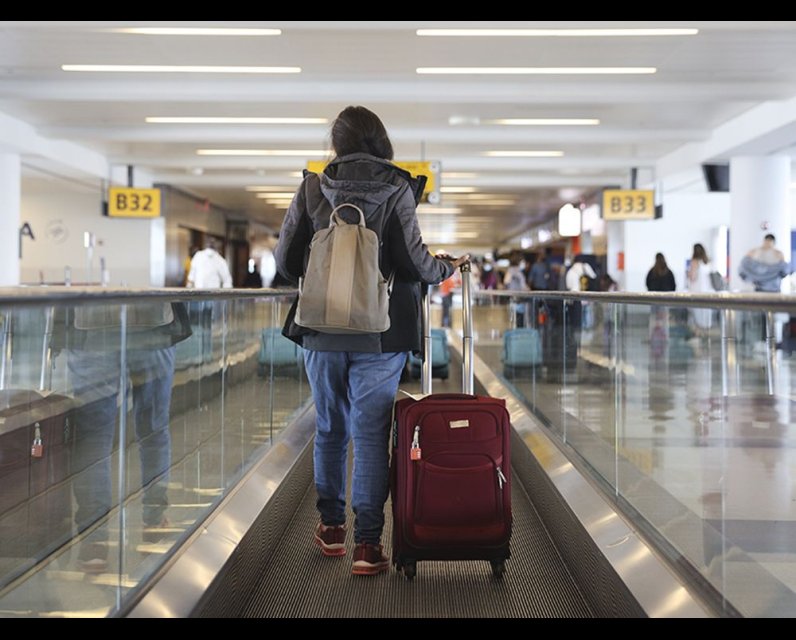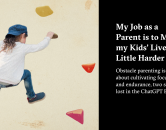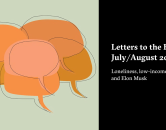Some Canadian permanent residents will have to post a US$15K visa bond to enter U.S. Here's what to know

The U.S. State Department has announced that a new visa bond program will take effect starting Aug. 20. Certain visitors, including some Canadian permanent residents, may have to post a bond of up to US$15,000 in order to visit the U.S. The new policy is part of U.S. President Donald Trump’s efforts to crack down on illegal immigrants in the country, and it comes after the government introduced a US$250 visa integrity fee in June. Here’s what to know about the visa bond policy and who will be impacted by it.
What is a visa bond?A visa bond means visitors are required to pay a certain amount of money when they apply for a visa, and that money is refunded once they return to their home country, are naturalized as a citizen in the U.S. or die.
This visa bond only applies to people who need a business visa (B-1) or tourism visa (B-2) .
Anyone required to pay a visa bond will need to enter the U.S. through one of these three airports: Boston Logan International Airport, John F. Kennedy International Airport or Washington Dulles International Airport.
This new program will run for a year in the U.S., starting Aug. 20. Even after this pilot year is over, the rules will still apply to those that already paid the bond, until they return to their home country, are naturalized as a citizen in the U.S. or die.
A bond payment also does not guarantee that a visa will be issued, and if the applicant pays for it without being directed by the consular office, that money will not be returned, according to the U.S. Bureau of Consular Affairs, a division of the Department of State.
How much is the U.S. visa bond?Visa bonds will start at US$5,000 and could go up to US$15,000, at the discretion of the consular officers.
The amount will vary depending on how much the officers believe is sufficient to make sure the visitor will maintain their status and will not remain in the U.S. for longer than they are allowed.
Who is getting impacted by it?The U.S. published the first visa bond country list on Aug. 5, and so far it only includes two countries: Malawi and Zambia, both in Africa. Countries can be added to or removed from the list with 15 days notice.
The bond will not be applied towards countries in the Visa Waiver Program, that includes 42 countries across Europe, Asia, Oceania, and in the Middle East.
Are Canadians impacted?Canadians will not be impacted by this new visa bond policy, since visas are not required for Canadians to enter the U.S.
However, permanent residents in Canada, who are not originally from countries in the Visa Waiver Program, need visas to visit the U.S. So, if a Canadian permanent resident has a passport from one of the countries on the visa bond list, they would have to pay the bond in order to visit the U.S.
The policy says that anyone who holds a passport from one of the countries from the list will need to post a bond of the amount specified during their visa interview.
Our website is the place for the latest breaking news, exclusive scoops, longreads and provocative commentary. Please bookmark nationalpost.com and sign up for our daily newsletter, Posted, here.



Comments
Be the first to comment